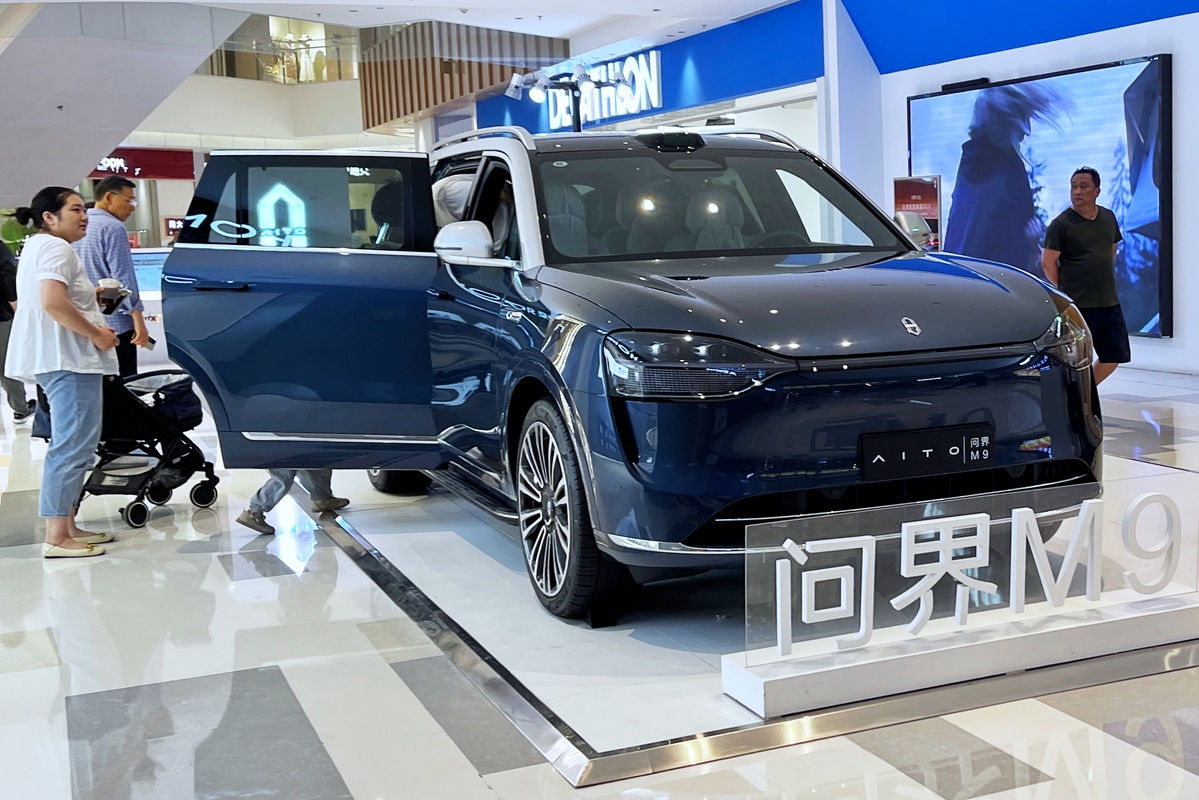
Car choices are abundant in China, the world’s largest vehicle market, as new models are rolled out on an almost weekly basis.
But potential car buyers, especially those who are looking at gasoline vehicles, are hesitating for longer before they take the plunge, according to a J.D. Power study released on Thursday.
This year’s China Sales Satisfaction Index Study was based on responses from 23,089 vehicle owners across 81 major cities who purchased their new vehicle between June 2023 and March 2024.
Buyer satisfaction is based on seven aspects: online experience, communication before visit, reception, showroom visit, test drive, deal-making and delivery process.
It found out that for around 23 percent of those polled, more than three weeks passed from their first store visit to their final decision, up from 18 percent in 2023’s findings.
Also, the average time from information search to a dealership visit was 10.4 days this year, an increase of two days from 2023.
Meanwhile, gasoline vehicle buyers’ brand loyalty has declined, with 65 percent purchasing their initially planned model or brand. This is 8 percentage points less from 2023 and also the lowest figure in the past three years.
Additionally, more than 20 percent of those polled in this year’s study considered multiple brands or models, up from 13.9 percent in 2023.
“The rapid growth of the new energy vehicle market in 2024 has created significant challenges for traditional automakers,” said Ann Xie, general manager of the digital retail consulting practice at J.D. Power China.
She said those potential car buyers’ hesitation is applying pressure on sales services, adding that gasoline vehicle dealers need to quickly capture consumer interest by highlighting product and service benefits.
“By integrating online and offline marketing, brands can improve their presence on buyers’ shortlists and shorten the decision-making process,” said Xie.
The study also found that those born after 1995, who are wooed by dealers as they account for a big proportion of new car buyers, value a fast response.
Their overall satisfaction can hit 825 out of a scale of 1,000 when a dealer contacts them within an hour of leaving their contact information. It can drop to 792 if it takes more than three hours for a dealer to reach them.
They want efficiency when they visit a dealership. Immediate reception upon entering the store and during a test drive boosts satisfaction.
Also, sales representatives are advised to show their hospitality, the lack of which slashes consumer satisfaction, especially among the younger generation.
Another interesting finding is that attractive online channels help improve brand loyalty. The J.D. Power study reveals that 35.6 percent of those who would log into a brand’s app multiple times a day said they would repurchase from the same dealer again.
In this year’s study, the overall sales satisfaction score has increased to 761, up six points from 2023. The scores are 767 and 759 points respectively for premium brands and affordable brands.
Chinese brands have seen the greatest improvement. Their overall sales satisfaction score is 758 this year, up from 743 in 2023. Japanese brands (764) have overtaken German brands (762) to achieve the highest sales satisfaction. Meanwhile, American brands, at 758, have fallen below the industry average for the first time.